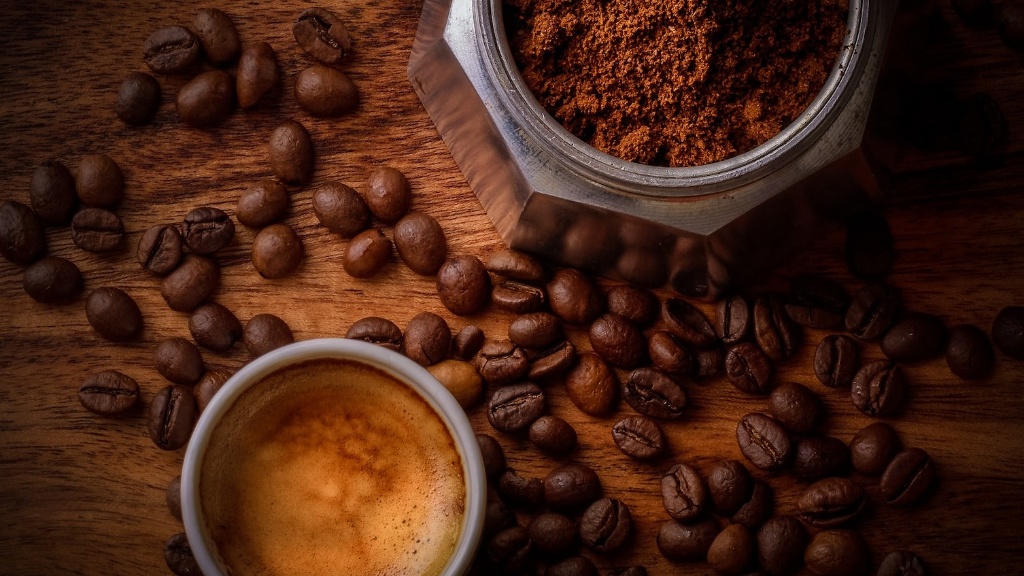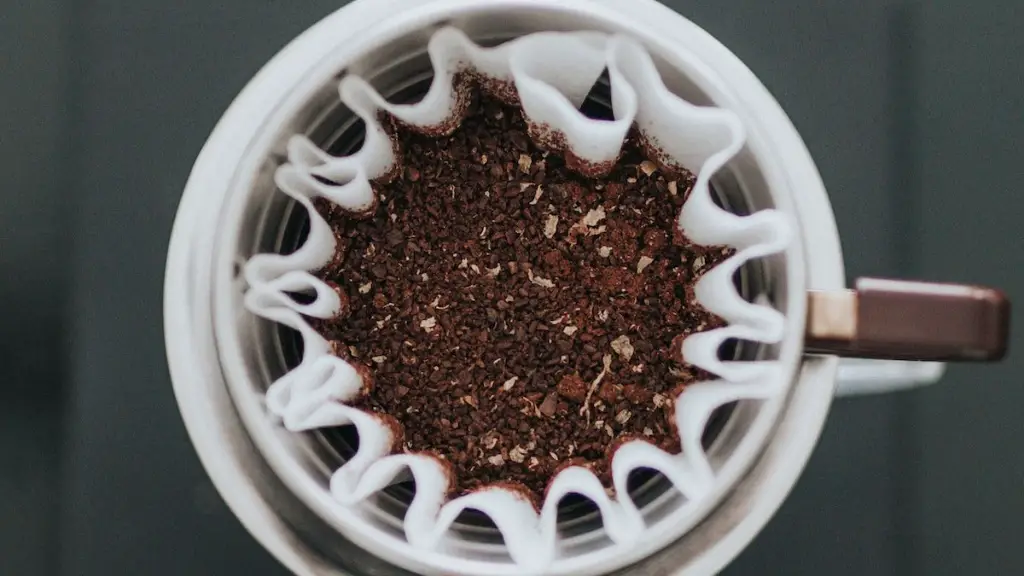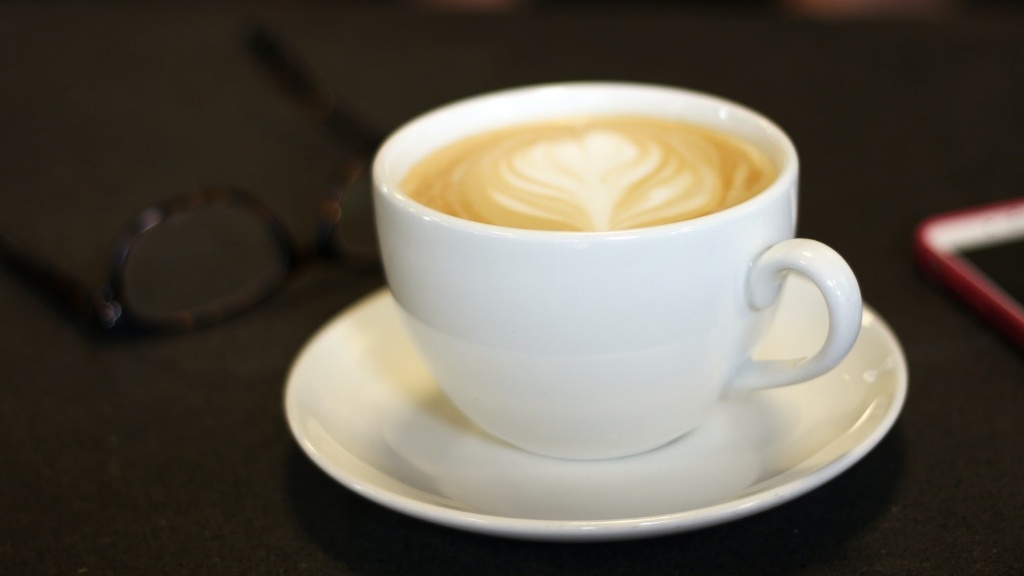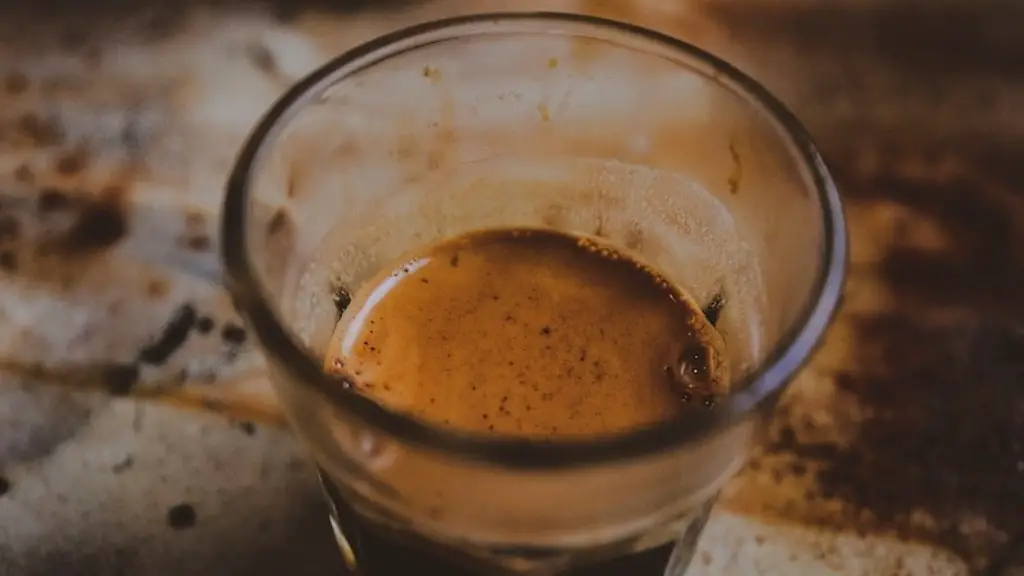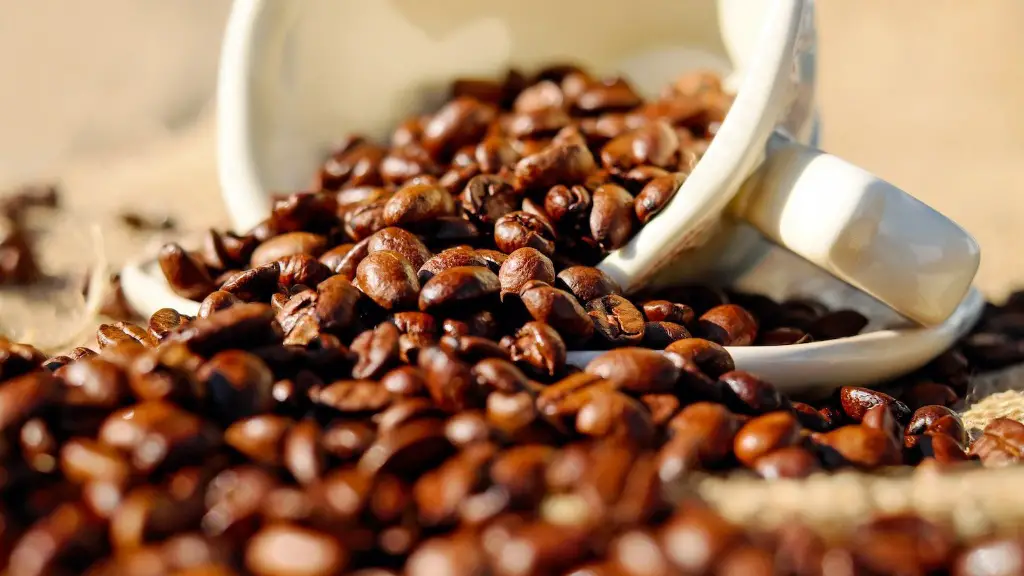Tea
If you are looking for an alternative to coffee, then tea is a great choice. Tea is made from the leaves, stems and buds of the Camellia sinensis, which contains caffeine. Tea is one of the most consumed beverages in the world and the amount of caffeine per cup can vary depending on the type of tea being drunk. Typical amounts of caffeine found in different types of tea vary between 15 mg per cup for green tea and up to 90 mg per cup in black tea.
Tea also offers some additional benefits beyond mere caffeine. It is a natural source of antioxidants which can help to protect cells against damage, as well as containing polyphenols which may help to reduce inflammation. Tea is also considered to be a relaxing drink and can be beneficial for the digestive system.
Energy Drinks
Energy drinks are another option for anyone looking for caffeine. Energy drinks come in a variety of flavours and brands, and are packed with caffeine, sugar and other additives. The amount of caffeine and sugar in energy drinks varies from brand to brand, however, it is not uncommon for one can to contain as much as 200 mg of caffeine, which is more caffeine than you would find in an average cup of coffee. It’s important to bear in mind that energy drinks are best consumed in moderation because they can be harmful to your health.
Energy drinks are also often loaded with sugar and other additives. So if you’re looking for an alternative to coffee, you should be mindful of the amount you’re drinking and make sure you’re aware of what added ingredients are in the energy drink. In addition, energy drinks can have a negative effect on your sleep, which is why it is recommended that they are only consumed in moderation.
Chocolate
Chocolate can also be a good source of caffeine, especially dark chocolate. Chocolate is made from the fermented and roasted seeds of the cacao tree, which contains caffeine. The amount of caffeine in chocolate varies depending on the amount and type of cocoa, however, it can contain up to 30 mg of caffeine per portion. Dark chocolate also has some additional health benefits beyond just its caffeine content, as it is high in antioxidants and vitamins.
It is important to bear in mind, however, that chocolate can be high in sugar and calories, which can be an issue if consumed in large quantities. So if you’re looking for an alternative to coffee and want to get some of the benefits of caffeine, then chocolate can be a good option, but it is important to be mindful of the amount you’re consuming.
Yerba Mate
Yerba mate is another source of caffeine which may be of interest to some. It comes from the leaves of the yerba mate plant, which is native to South America. The leaves are brewed in hot water and then mixed with fruit and spices to create a drink which has a mild and earthy flavour. Yerba mate contains around 85 mg of caffeine per cup, which is comparable to an average cup of coffee.
Yerba mate also has some additional benefits beyond its caffeine content. It is a natural source of antioxidants and contains various vitamins and minerals which can help to boost your immune system. Additionally, yerba mate is believed to help with mental focus and alertness. So if you’re looking for an alternative to coffee, then yerba mate may be a good option.
Cola
Cola is another beverage which is often overlooked when it comes to sources of caffeine. Cola drinks are made from carbonated water, sugar and flavourings, and also contain caffeine. The amount of caffeine found in cola drinks varies depending on the brand and size of the drink, however, it can be as much as 50 mg per can. It’s important to bear in mind that cola drinks are high in sugar and calories, so they should be consumed in moderation.
Despite their high sugar content, cola drinks can offer some benefits. Surprisingly, cola has been found to have some antioxidant benefits, as well as being able to reduce inflammation. Additionally, cola can have a calming effect on the body and can even improve digestive health when consumed in moderation.
Supplements
Finally, there are a variety of different supplements which contain caffeine, such as caffeine pills, powders and tablets. Supplements are a convenient way to get the benefits of caffeine with little effort, however, they are not always the best option if you are looking for an alternative to coffee. This is because supplements are often highly concentrated, and can contain as much as 200 mg of caffeine per tablet, which can be too much for some people. Additionally, they can be expensive compared to other sources of caffeine.
Despite this, supplements can offer some benefits if used in moderation. They offer a quick and convenient way of getting the benefits of caffeine, such as improved mental focus, increased alertness and increased energy. Additionally, some supplements have additional ingredients added to them, such as vitamins and minerals, which can be beneficial for overall health.
Iced Tea and Cold Brew Coffee
If you’re looking for an alternative to hot coffee, then iced tea and cold brew coffee are both good choices. Iced tea is a refreshing beverage which is made from brewed tea which has then been cooled. Depending on the type of tea, iced tea can have up to 50 mg of caffeine per cup, which is similar to a cup of hot coffee. Cold brew coffee, on the other hand, is made by steeping ground coffee beans in cold water for an extended period of time. It typically has less than half the amount of caffeine than a cup of hot coffee, but still offers the benefit of a caffeine boost.
Both iced tea and cold brew coffee are convenient if you are looking for an alternative to hot coffee. They are easy to make and can be enjoyed both hot and cold, so you can still enjoy the benefits of caffeine without the heat. Additionally, both iced tea and cold brew coffee have a less bitter and acidic taste than regular coffee, which makes them a great option for anyone who doesn’t like the taste of coffee.
Smoothies
Smoothies can also be a great source of caffeine as they usually contain some form of natural caffeine, such as coffee or green tea. The amount of caffeine in a smoothie will vary depending on the ingredients used, but in general they can contain up to 50 mg per glass. Smoothies are also a great way to get additional benefits from caffeine, as they can be loaded with other healthy ingredients such as fruits and vegetables, which provide nutrients and vitamins. Additionally, smoothies can help to keep you full for longer and can provide a boost of energy, thanks to their natural caffeine content.
Overall, smoothies are an ideal alternative to coffee if you are looking for a healthy and refreshing option. They are easy to make and can provide a quick boost of energy. Additionally, they are packed with other healthy ingredients which can have a positive impact on your overall health.
Summary
If you are looking for an alternative to coffee, there are a variety of different drinks which contain caffeine. Tea, energy drinks, chocolate, yerba mate, cola, supplements, iced tea and cold brew coffee and smoothies are all potential sources of caffeine. The amount of caffeine in each drink can vary, but can be as much as 200 mg per can of energy drink or 30 mg per portion of chocolate. Additionally, most of these alternatives to coffee also offer additional health benefits which can be beneficial for your overall health.
